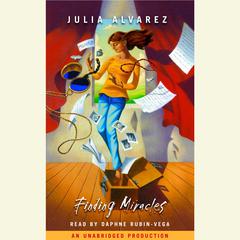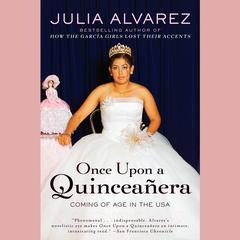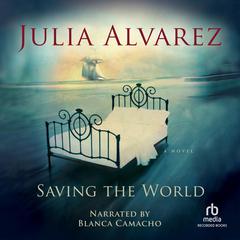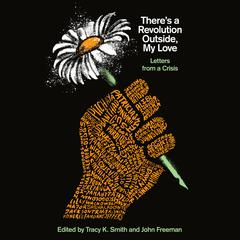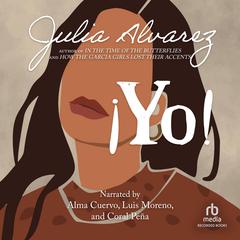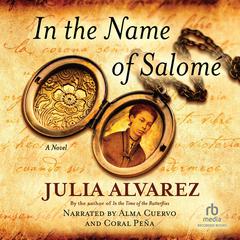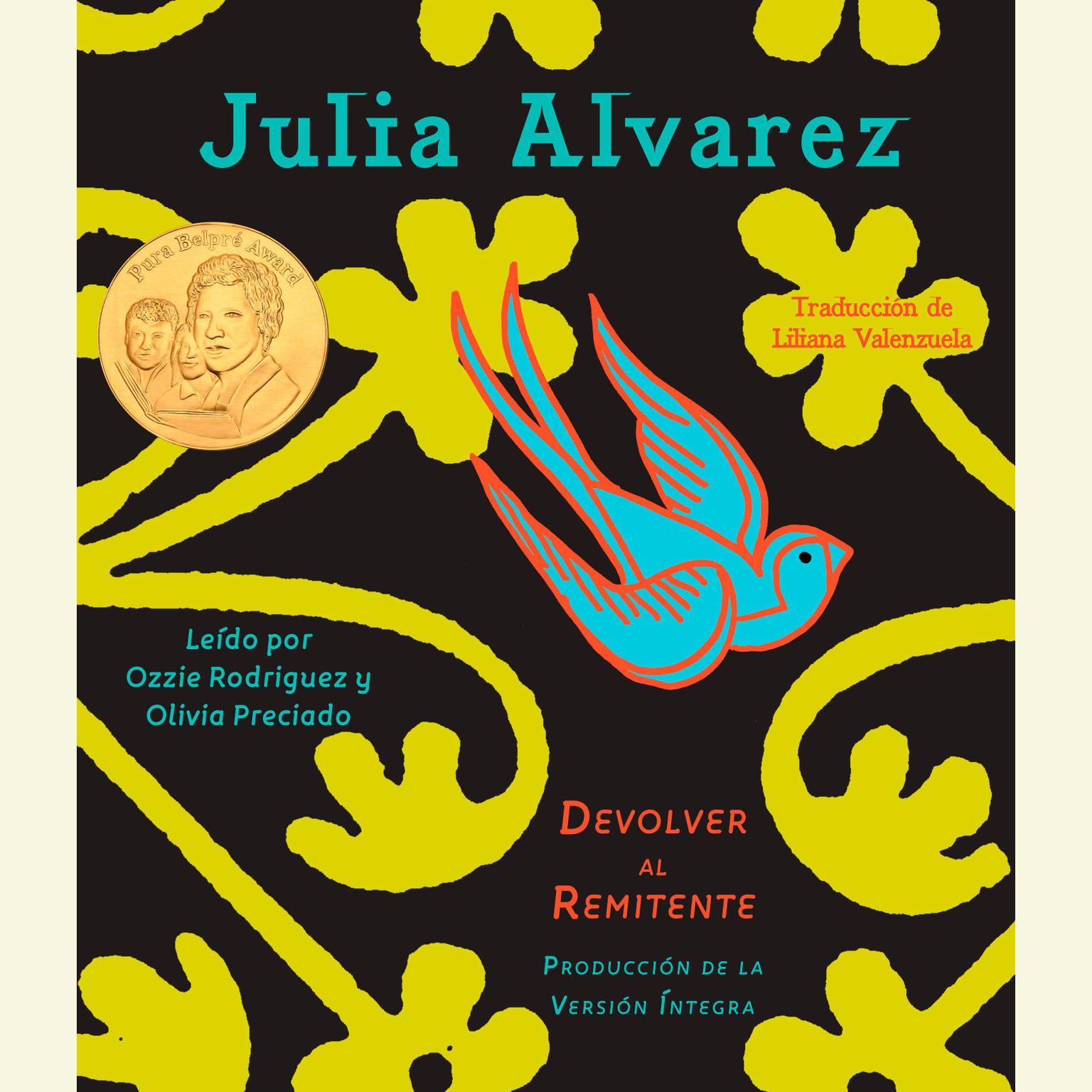 Play Audiobook Sample
Play Audiobook Sample
Devolver al Remitente Audiobook
 Play Audiobook Sample
Play Audiobook Sample
Quick Stats About this Audiobook
Total Audiobook Chapters:
Longest Chapter Length:
Shortest Chapter Length:
Average Chapter Length:
Audiobooks by this Author:
Publisher Description
“Esta novela oportuna, arrancada de los titulares de los diarios, transmite un mensaje positivo acerca de la cooperación y la comprensión”.
—School Library Journal
La familia de Mari se encuentra a la deriva, con una gran necesidad de trabajo, pero se ve forzada a esconderse por miedo a que las autoridades los devuelvan a México y a la pobreza.
La familia de Tyler lucha por salir adelante. Después de un accidente con un tractor que deja la granja que tienen en Vermont al borde de la quiebra, necesitan conseguir gente nueva que trabaje allí, de inmediato.
Conocerse representa un golpe de suerte para ambas familias pues salvan la granja y Mari consigue un nuevo hogar, pero también surgen preguntas. A Tyler lo inquieta la presencia de los trabajadores mexicanos. ¿Son indocumentados? ¿Su propia familia infringió la ley al contratarlos? Mientras que Mari se siente dividida entre sus raíces mexicanas y su nueva vida en Vermont. Le preocupa dejar ir el pasado y hay pedacitos que no quiere soltar…
En una novela llena de esperanza pero sin respuestas fáciles, Julia Alvarez muestra cómo la amistad es capaz de traspasar fronteras.
************************************************
After Tyler's father is injured in a tractor accident, his family is forced to hire migrant Mexican workers to help save their Vermont farm from foreclosure. Tyler isn’t sure what to make of these workers. Are they undocumented? And what about the three daughters, particularly Mari, the oldest, who is proud of her Mexican heritage but also increasingly connected her American life. Her family lives in constant fear of being discovered by the authorities and sent back to the poverty they left behind in Mexico. Can Tyler and Mari find a way to be friends despite their differences?
In a novel full of hope, but no easy answers, Julia Alvarez weaves a beautiful and timely story that will stay with readers long after they finish it.
Download and start listening now!
"great story of a Mexican family's journey to the U.S., their time working on a farm in Vermont, and the joy and sadness they endured... "
— Nicole (4 out of 5 stars)
Devolver al Remitente Listener Reviews
-
" The topic of the book and the way the story is related - through narrative prose and letters, and also through insightful points of view - were really interesting, but ultimately completely overshadowed by how heavy-handed, preachy, and condescending the book is. There is also very little description of any characters or settings - all emphasis is on dialogue and "lesson-teaching." "
— Anne, 1/10/2014 -
" Pura Belpre Award 2010-2011 "
— Samantha, 12/6/2013 -
" Great book! Makes you think about what these immigrant families go through. "
— Ashleigh, 10/22/2013 -
" I truly love this book! "
— Shawna, 3/25/2013 -
" I am sooooo excited to read this!!!!! "
— Naomi, 2/19/2011 -
" I thought about quitting this book about halfway through and now that I've finished it I wish I had. I didn't enjoy the story at all and hated the ending. "
— Jliongrrrl, 2/13/2011
About Julia Alvarez
Julia Alvarez grew up in the Dominican Republic before immigrating to the United States at the age of ten. She now lives in Vermont, where she is a writer-in-residence at Middlebury College, Vermont.
Julia Álvarez vivió su infancia en República Dominicana hasta 1960, cuando emigró a los Estados Unidos. Luego de obtener sus títulos de pregrado y postgrado en literatura y creación literaria, enseñó poesía durante muchos años y publicó su primer libro de poemas, Homecoming, en 1984. Ha recibido becas del Fondo Nacional para las Artes y de la Fundación Ingram Merrill. De cómo las muchachas García perdieron el acento recibió el premio PEN Oakland/Josephine Miles en 1991, que se entrega a obras que presentan un punto de vista multicultural. En la actualidad, enseña literatura inglesa en Middlebury College.
About Ozzie Rodriguez
Ozzie Rodriguez is a narrator, voice artist, and actor of film, television, and the stage, performing in many independent features, such as My Life: Untitled, Escape from South LA, and his co-produced, self-written project Elevator.





